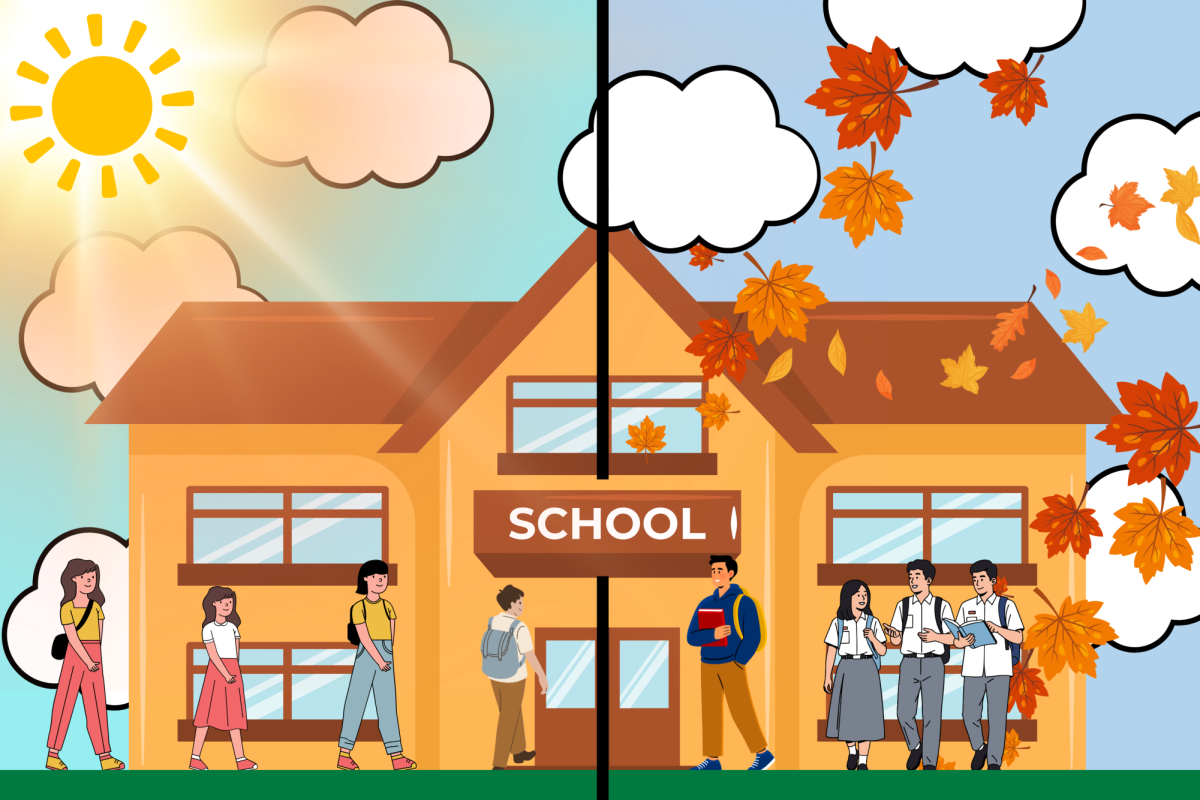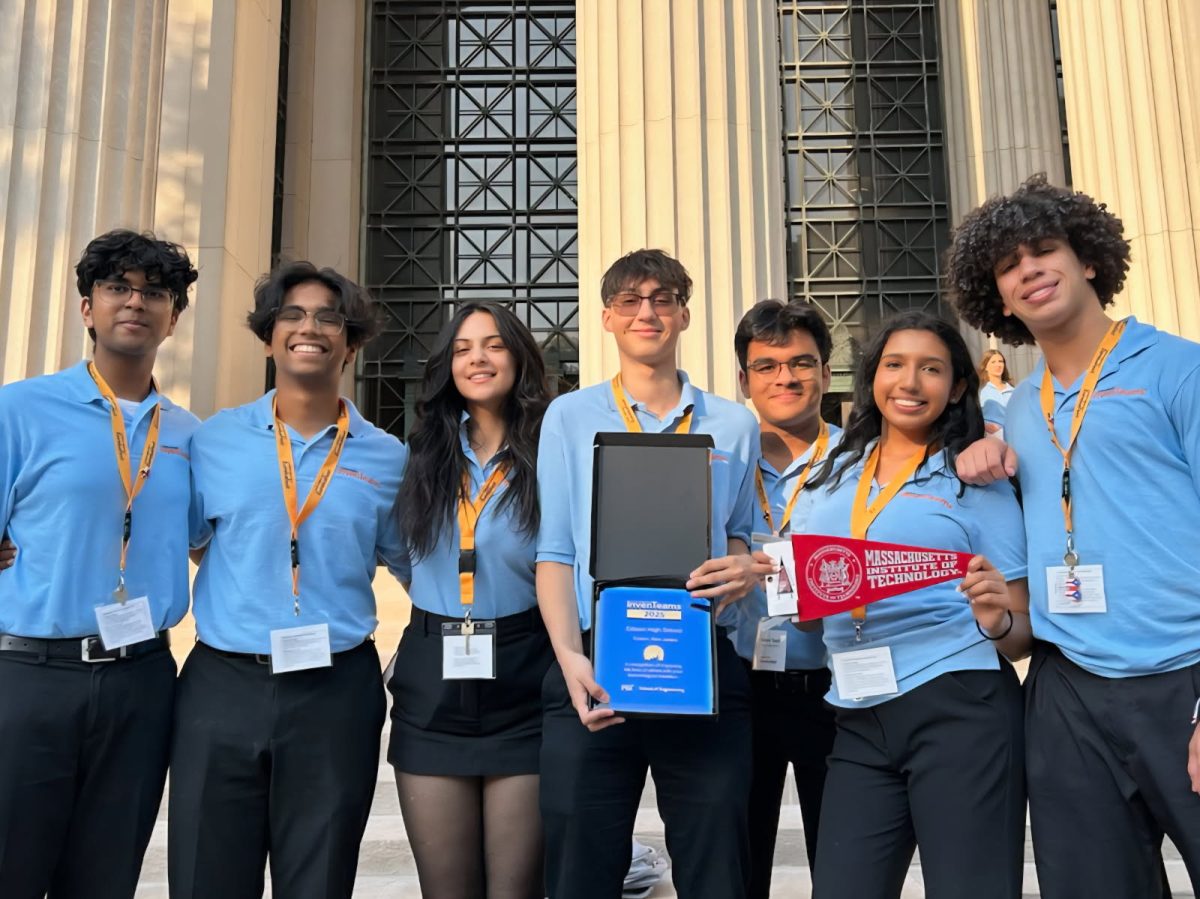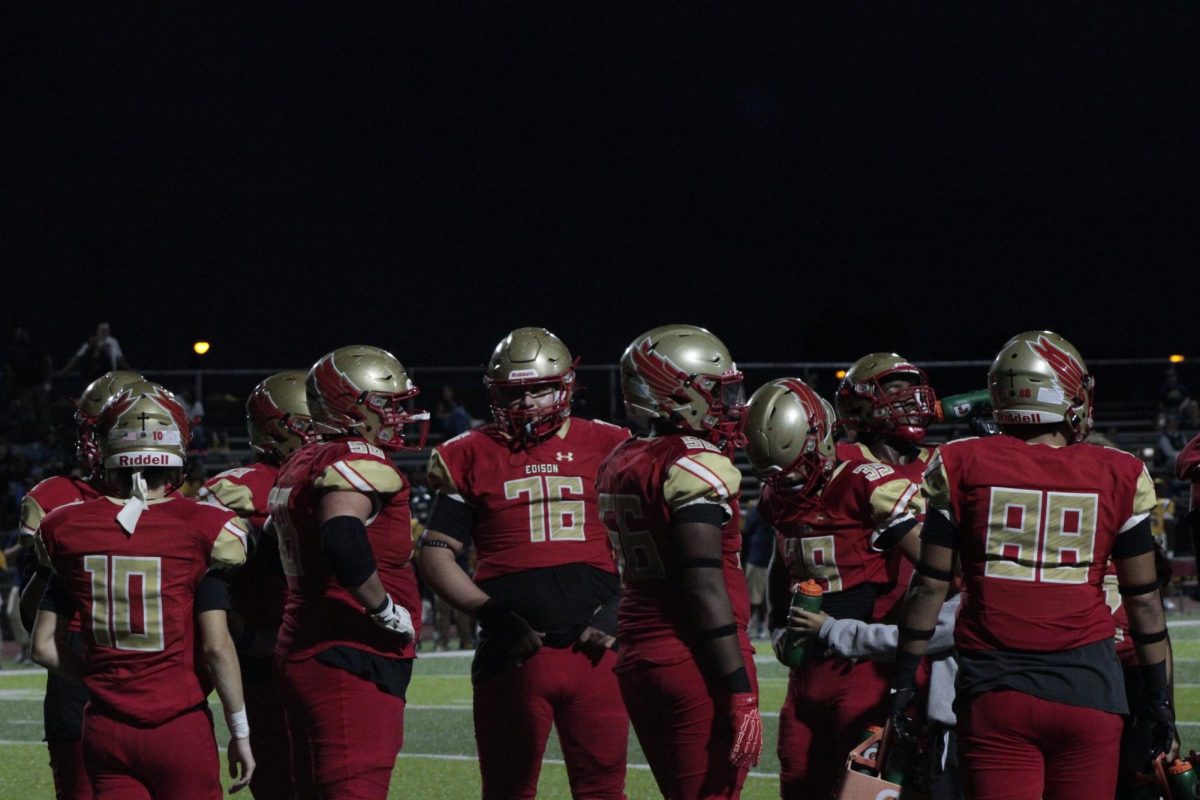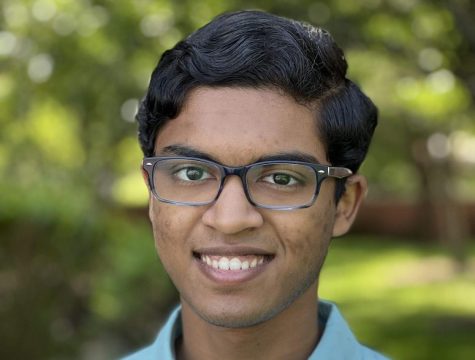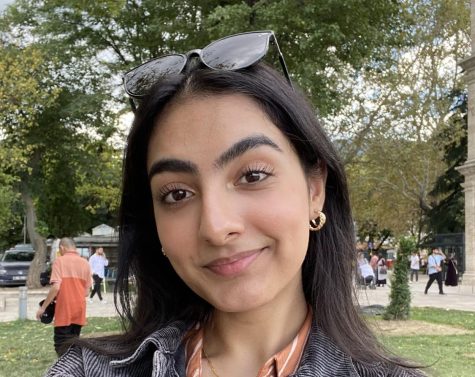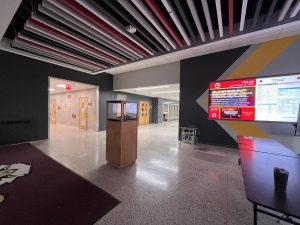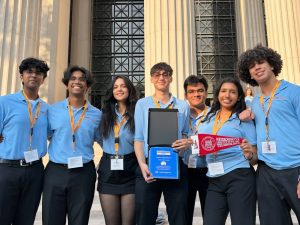EHS Alumni Return to the Nest: Alumni Day 2020
January 31, 2020
On Friday, January 3, several Edison High School alumni returned for the day to discuss their college and forgone high school life.
During the freshman session, a total of seven alumni shared their high school and early college experiences: Duaa Ali ‘19 from Rutgers University (New Brunswick), Ricardo Avellan ‘19 from Middlesex County College, Zenaya Brito ‘19 from Rutgers University (New Brunswick), Erykah Johnson ‘19 from Howard University, Banat Khural ‘19 from the University of Waterloo, Samantha Luu ‘19 from Kean University, Emily MacMahon ‘19 from Steven Institute of Technology, Sejal Rajagopalan ‘19 from Rutgers University (New Brunswick), and Sandeep Ramesh ‘19 from the University of Maryland. The event consisted of a series of questions answered by each of the alumni as follows:
“What is the transition from high school to college like?”
McMahon describes commute and workload as areas where she experienced the most change between the two academic environments. Her commute to Hoboken for classes contrasts her prior daily commute to and from Edison High. As for added work and stress, she moved past them by holding firm to her college selection and the decisions she’s already made.
“You’re where you need to be; this is what you chose.”
“How are college professors different from high school teachers?”
Ali asserts that her professors expect greater independence and responsibility from students than high school teachers, as they give few to no reminders and follow a syllabus distributed at the beginning of the year. Students are also expected to make use of office hours to get help and the campus libraries/computer labs for printing purposes.
“If you could go back to your freshman year of high school, what would you have done differently?”
Ramesh says that he would not have joined quite so many extracurricular activities and would have tried to get more sleep. As a freshman, he originally joined many clubs, hoping to be actively involved in them and have a stronger college résumé. However, he found that he was uninterested in many of these clubs as the year progressed, and eventually stuck with only the couple ones he found enjoyable. Also, Ramesh wishes that he got better sleep as a freshman, as his opportunities for good sleep waned as the years passed.
“What is it like to live on campus?”
McMahon strongly advises students to live on campus if possible. She reflects on her campus life as an experience that helped her mature and better establish her general priorities; she hopes that more students can share such an experience.
“What is it like to study out of state?”
Khural currently studies at the University of Waterloo, Ontario. She describes her experience as a culture shock, especially as she now studies in Canada, hours away from her home state. From living with her parents for more than 17 years to moving and deciding her own living environment, going to college was indeed a big step for Khural. This experience put her outside her comfort zone and made her more responsible.
“What are your work and study habits like now?”
Avellan explains that his studying usually consists of doing his homework in an assessment-like manner: he does the work within a set time constraint and checks his work afterward. He expresses that he procrastinates quite a bit, but manages his time well otherwise. He also advises scheduling sufficient time for doing continuous work and studying.
“What is it like to play a sport in college?”
Luu states that since high school her priorities have been set straight–for her, this means playing tennis. She knows that tennis isn’t just a hobby but an ambition–something that she would love to do for the rest of her life. Her coach and tennis team in high school made her realize that tennis isn’t just hitting balls with a racket but a game that teaches discipline, time management, ethics, and cogency. Now, she is doing what she loves and even though the sport requires effort and time, she is sure of what she wants.
“How do you continue to stay involved in college extracurriculars?”
Rajagopalan explains how a student can have time for everything once they take the risk to step out of their comfort zone. She continues by saying that after you put yourself out there, you’ll meet people that gradually become your family, giving you greater incentive to be proactive in the extracurriculars you participate in. Passion, she said, is what guides a person to make decisions, even if it’s about picking which, if any, extracurriculars to do.
“What was your college application process like?”
Ramesh advises students not to apply to too many colleges. This harried decision either results in an overwhelming attitude or just a plethora of negative feelings when the results don’t come out as expected. He also stated that choosing colleges isn’t something that can be done in a day or even a week; picking colleges is a life-changing, life-determining decision and can result in serious consequences like getting stuck in an unwanted place, if not given adequate thought. For Ramesh, he personally looked for places close to his hometown and with the courses he was interested in.
“What factors did you consider when choosing your college?”
Avellan’s experience of college decisions was unlike all the other alumni. He knew that he wanted to be close to home and not worry himself with struggles like going to a college far from home and paying a high tuition.
“How is your experience so far at a historically black college/university?”
Johnson states that she could not have chosen or hoped for a better college to get into. She says that even though Howard is mostly known for having an African American-majority student body, there are also people from all different types of religions, cultures, and ethnicities who attend the college. She says that Howard provides her with a comfortable environment where she can openly make new friends, especially due to its great diversity.
“What advice do you have for the current high schoolers?”
Ali advises the current high-schoolers to create a flexible time table and to follow it to the best of their abilities. In the course of the four years spent in high school, the majority of the students develop a habit of enrolling themselves in more than manageable activities. Henceforth, when these students graduate and move onto college, these habits may remain the same, but the workload gets intense. Thus, when in college, habits that prove unproductive may need to be sacrificed.
Apart from the formal assembly, many alumni were also present in the school’s large gymnasium during lunch periods and visited their former classes to answer any lingering questions and reunite with their former teachers. Overall, the alumni day was an educational experience filled with nuggets of wisdom and nostalgia.
Featured Image: Jessica Maida



















